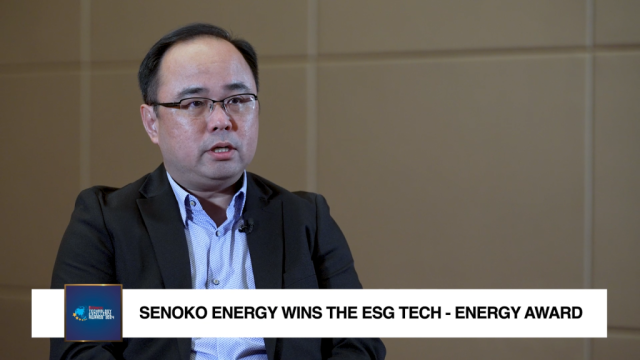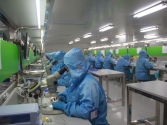
New fare formula to balance affordable rates and public transport’s financial stability
The government considered inflation and ridership patterns in the adjustment.
The Public Transport Council (PTC) declared that it will amend the current fare formula to allow affordable rates whilst ensuring financial stability for the public transport system.
In an announcement, PTC said its workgroup considered major developments in cost pressures, uncertainty in ridership patterns, and enhancements in the public transport system with government subsidies to provide accessible, reliable, and inclusive mass transport system.
After several consultations with stakeholders, PTC came up with retaining the “Core Consumer Price Index, Wage Index, and Energy Index at their existing weightages as they continue to closely reflect the operating cost structure of the public transport industry.”
They also declared to change the Productivity Extraction (PE)2 to a Productivity Contribution, fixed at 0.1% for the next five years, to maintain the expectation for public transport operators to strive for continuous productivity improvements.
Another revision also includes Replace the Network Capacity Factor (NCF)3, with a Capacity Adjustment Factor, fixed at 1.1% for the next five years, based on actual and planned capacity improvements from 2020 to 2026, including the opening of the Thomson-East Coast Line. Compared to the NCF, a fixed C reduces variability due to capacity and ridership changes.
“The proposed fare adjustment formula, to be applied from 2023 to 2027, is as follows: 0.5 cCPI + 0.4 WI + 0.1 EI – PC + C where: cCPI = Year-on-year change in core Consumer Price Index,” read the statement.
The WI means year-on-year change in Wage Index measured by the Average Monthly Earnings (National Average), E means year-on-year change in Energy Index which is a composite index derived from diesel and electricity prices, and PC means Productivity Contribution set at 0.1%; and C = Capacity Adjustment Factor set at 1.1%, based on actual and planned capacity improvements from 2020 to 2026.
“The proposed fare adjustment formula will form the basis for the PTC’s deliberation at each year’s Fare Review Exercise (FRE) from 2023 to 2027. As with previous years, the 2023 fare adjustment quantum will be finalised and announced in the second half of this year,” read the statement.
The PTC workgroup also advised retaining the Deferred Fare Adjustment mechanism, which will mitigate the impact of fare increases on affordability amidst circumstances such as the pandemic or large energy price hikes.
“Under the mechanism, PTC has the discretion to defer the fare adjustment quantum, in part or in full, to subsequent FREs, taking into consideration the prevailing social and economic conditions,” read the statement.
























 Advertise
Advertise










